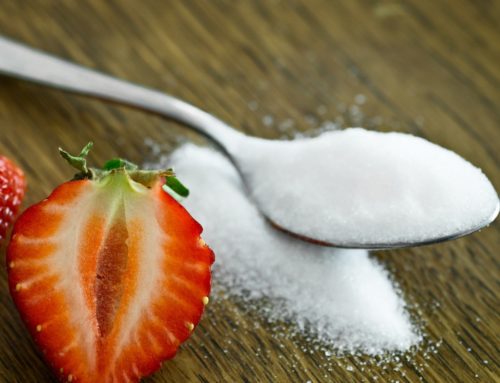Big food brands are taking over organic brands. Here’s why it’s a problem for your health.
If you’ve had a Larabar recently, the profits from the sale of that bar went to General Mills. Had some Naked Juice? Pepsi-Co profited from your purchase. If you buy some organic Stonyfield yogurt, Danone makes money. The list of big companies buying out smaller organic brands goes on for miles. Here’s an infographic below created by Dr. Philip Howard at Michigan State University of who owns which organic brand. The health implications for us of these takeovers are huge and long-lasting.
Corporate Takeover Troubles
As a doctor, I believe the ownership of our big food brands has a much deeper impact on our health than most of us realize.
1. Our food becomes less healthy
I was shocked and deeply disappointed when I found out that the milk alternative, Silk was no longer organic. After it was taken over by Dean Foods, the company quietly substituted the organic soy beans with cheaper, conventional, and likely GMO soy beans.
According to Dr. Howard, it’s common practice for larger food companies to cut food quality and costs after buying over an organic brand. This means we no longer get the quality of organic food we expect.
2. Our national food standards are compromised
Three years ago, California’s legislature debated a mandatory GMO-labelling. The bill failed to pass. Coca-Cola, Pepsi-Co, and General Mills each donated more than a million dollars to prevent that bill seeing the light of day. The three companies also own the organic brands Honest Tea, Odwalla, and Food Should Taste Good. That means profits from those organic products went towards preventing us from having the tools to make healthy food decisions.
Big food brands have used many tricks to increase their earnings at the expense of our health. For example, they have managed to put representatives on the National Organics Standards Board, a committee that makes crucial decisions of which inorganic ingredients can be added to foods sold as organic. Carrageenan, for example, a thickener which may be harmful to humans, is now on the list. Big food companies have much to answer for.
Is this the type of organic food we want to buy?
Trend of Big Food Brands Buying Organics from 1995 to 2007

“This depicts organic processing industry changes from 1995 to 2007. The small green circles indicate organic brands, the medium blue circles indicate investment firms, the large yellow circles indicate multinational food processors, and the small red circles indicate introductions of organic versions of mainstream brands. Gray lines denote ownership ties.”
Via Philip H. Howard of Michigan University in collaboration with Skye Bender-deMoll
The Solution: Support Independent Organic Brands
Competing with multinational corporations that wield enormous influence can be difficult. Here’s a list of organic brands that have remained independent. Bearded Brothers, Bueno Foods and Eden Organics, for example, have resisted being bought out. Support them the next time you buy organic food. Companies that value our health above all else will be the key to feeding ourselves and our families well.
Chew on this
Always check the ingredient label, and keep in mind who makes your food. Take a glance at the list of independent organic brands and look out for them the next time you shop for groceries. Eat well and live well.






Good to know and well written. Thank you so much for the information and for getting to the point immediately!
Wonderful and thank you! I’m always open to requests for topics. Please feel free to add another comment if there is an area you would like more information on!